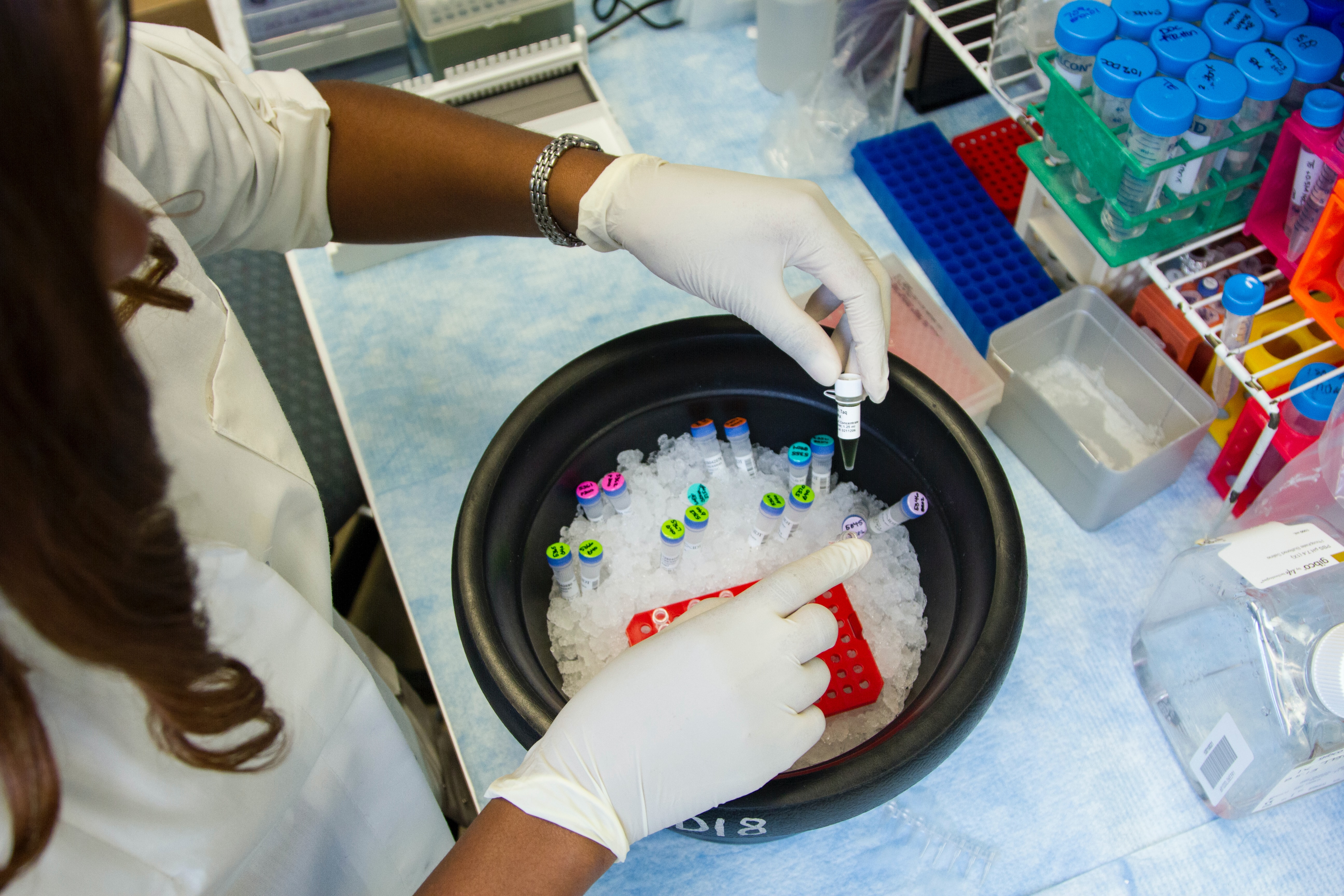Immunity to covid-19 could disappear in months, a new study suggests

The lowdown: Immunity to covid-19 may be short-lived, according to a new longitudinal study of people who have caught the disease and recovered.
The study: Researchers at King’s College London repeatedly tested 96 patients and health-care workers at Guy’s and St Thomas’ NHS Foundation Trust for antibodies between March and June. All the participants were confirmed to have had covid-19, either via a PCR test or a positive antibody test. The researchers found that levels of virus-fighting antibodies peaked about three weeks after symptoms started and then rapidly fell away. Although 60% of participants produced a “potent” antibody response while they had covid-19, only 17% had the same level of potency at the end of the three-month testing period. Antibody levels were higher and longer-lasting in people who had had more severe cases of covid-19. For some milder cases, it was impossible to detect any antibodies at all at the end of the three months. The research is published in a preprint paper in medRxiv, which means the findings have yet to be subjected to peer review.
What it means: The study raises the prospect that, like other coronaviruses, covid-19 could reinfect people repeatedly. If that’s the case, “herd immunity” may never arrive, either through a one-shot vaccine or through community spread of the virus, as any protective antibodies would wane with time. However, antibodies are not the only way people can fight off covid-19. T cells, which seek and destroy cells infected with SARS-CoV-2, could also provide some protection. In short, we have not yet generated enough data from patients to be able to draw conclusions on immunity with a high degree of certainty. There have been anecdotal reports of people catching covid-19 for a second time, but none have been confirmed.
Deep Dive
Biotechnology and health
How scientists traced a mysterious covid case back to six toilets
When wastewater surveillance turns into a hunt for a single infected individual, the ethics get tricky.
An AI-driven “factory of drugs” claims to have hit a big milestone
Insilico is part of a wave of companies betting on AI as the "next amazing revolution" in biology
The quest to legitimize longevity medicine
Longevity clinics offer a mix of services that largely cater to the wealthy. Now there’s a push to establish their work as a credible medical field.
There is a new most expensive drug in the world. Price tag: $4.25 million
But will the latest gene therapy suffer the curse of the costliest drug?
Stay connected
Get the latest updates from
MIT Technology Review
Discover special offers, top stories, upcoming events, and more.